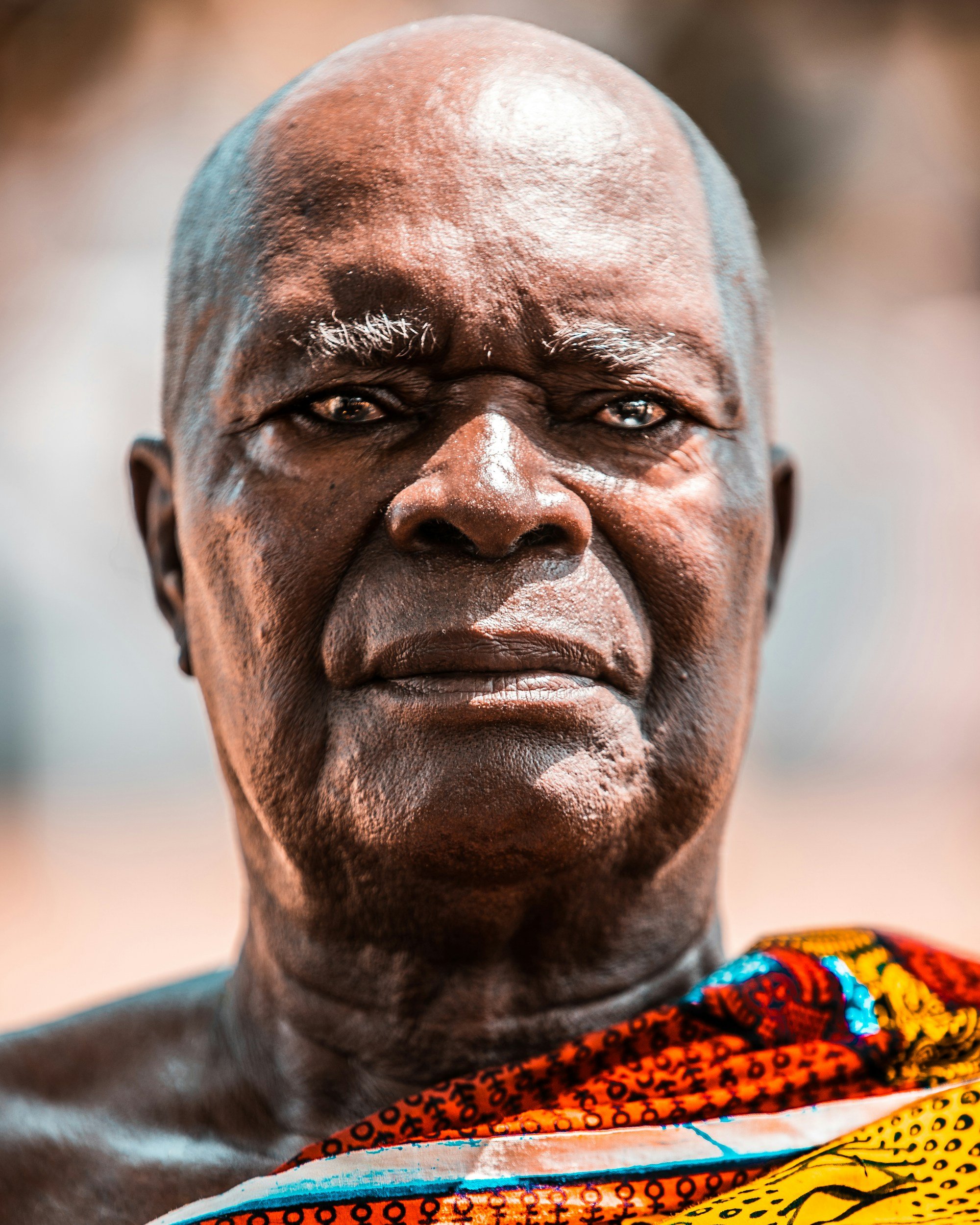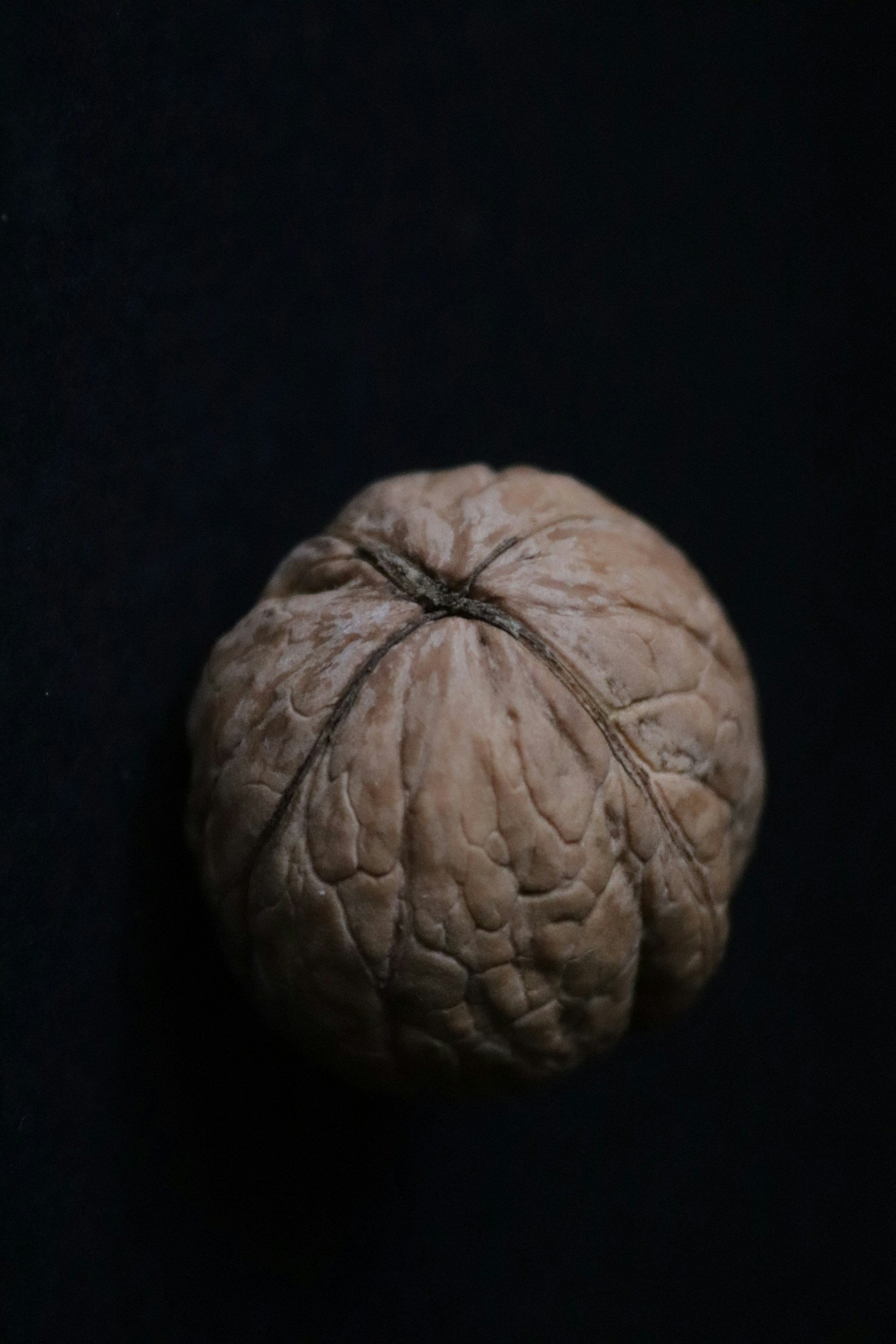Necessary Protocols When Presenting Oji Igbo (Kolanut)
Among Igbos, Oji Igbo (the Igbo kolanut) is a sacred symbol, a spiritual emblem, and a cultural cornerstone. In Igbo cosmology, the kolanut is the gateway to communion, a medium through which prayers are sent to Chukwu (God), libations are poured to the ancestors, and peace is offered to guests.
Because of its immense significance, the presentation, breaking, and sharing of Oji Igbo are never casual acts. They follow carefully observed protocols conditioned in tradition, respect, and spiritual consciousness.
If you’re ever a host, a guest, or even just a curious observer in an Igbo gathering, understanding these protocols is key to appreciating the living heritage of one of Africa’s most symbolically rich cultures.
1. The Kolanut Must Be Whole and Unbroken
The first sign of respect when offering kolanut is that it must be whole, untainted, and visibly clean. A broken or damaged kolanut is considered unsuitable for sacred or ceremonial use. Presenting a whole nut symbolizes integrity, unity, and the completeness of the host's goodwill.
2. The Host Presents the Kolanut
Traditionally, the host of the gathering is responsible for presenting the kolanut to guests. It is a gesture that extends not only hospitality but also spiritual peace. In many ways, the offering of kolanut is the first form of welcome, a wordless ritual that says, “You are safe here. You are valued here.”
3. The Eldest Man Must Bless the Kolanut
Once presented, traditionally the kolanut must be handed to the eldest man in the gathering. Among Igbos, age is venerated, and the oldest person is seen as closest to the ancestors — both physically and spiritually. This elder performs the blessing or igọ oji (kolanut prayer), invoking divine presence and ancestral witness.
4. Kolanut Prayers Are Said in Igbo Language
There’s an common saying, which over time has even become an important rule. It is the saying that — the kolanut only understands Igbo. That is, the kolanut prayers must be said in the local dialect of the community or the specific Igbo subgroup hosting the event.
The kolanut prayers may include:
Incantations and libations to summon the spirits and honor the ancestors
Blessings for long life, prosperity, health, and unity
Wishes of peace, success, fertility, and communal progress
And sometimes, curses upon enemies or evildoers, delivered subtly or symbolically
5. Libation May Follow the Prayers
In many Igbo communities, a libation — pouring out of palm wine or water — is done after the kolanut prayer. This act connects the living to the ancestral world, grounding the gathering in tradition and seeking the favor of those who have passed on.
6. The Kolanut Is Broken – Never Cut
Once the prayers are complete, the elder or designated person breaks the kolanut by hand (never with a knife or blade). The method of breaking the nut is important: it symbolizes the opening of the spiritual portal created through prayer. Each lobe of the kolanut carries meaning. Finding up to three or more lobes is usually considered a good omen with a few exceptions.
It is important to note here that some Igbo traditional circles in modern times take the opposite view; they break the kolanut with a knife with a claim to avoid hand contact with anyone with soiled hands who does not deserve to touch the kolanut, and for various other reasons including hygiene. However, in spiritual circles, this practice is frowned upon.
7. Sharing the Kolanut
After it is broken, the kolanut is shared among the guests. In some Igbo communities, certain categories of people (e.g., women, children, or strangers) may receive the kolanut later or indirectly, depending on local custom.
Sharing the kolanut affirms communal bonds. It is not eaten for hunger but in honor. It is a symbolic act of trust, communion, and unity.
8. Certain People Cannot Break Kolanut
There are taboos around who can break kolanut in Igbo land:
The host does not break it (unless he is also the eldest or designated elder)
A titled man may defer to another titled man of greater age or higher title
Women typically do not perform the blessing or breaking, though this is evolving in some modern circles
To Sum It Up
In the Igbo worldview, Oji is a living emblem of divine presence, ancestral memory, and human connection. To present it wrongly is to risk “spiritual” offense. But to honor its protocols is to open the way for peace, blessing, and goodwill.
So the next time you witness a kolanut ceremony or hold an Oji in your palm, remember: you are not just participating in tradition. You are touching the spiritual pulse of a people whose identity is deeply woven into every broken lobe, every uttered prayer, and every shared intention around that sacred fruit.
Jisie ike!






